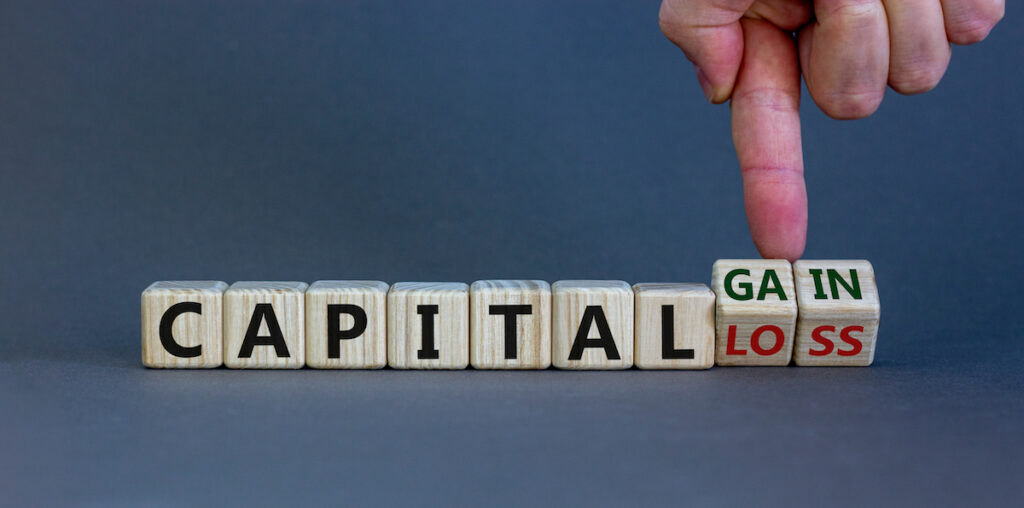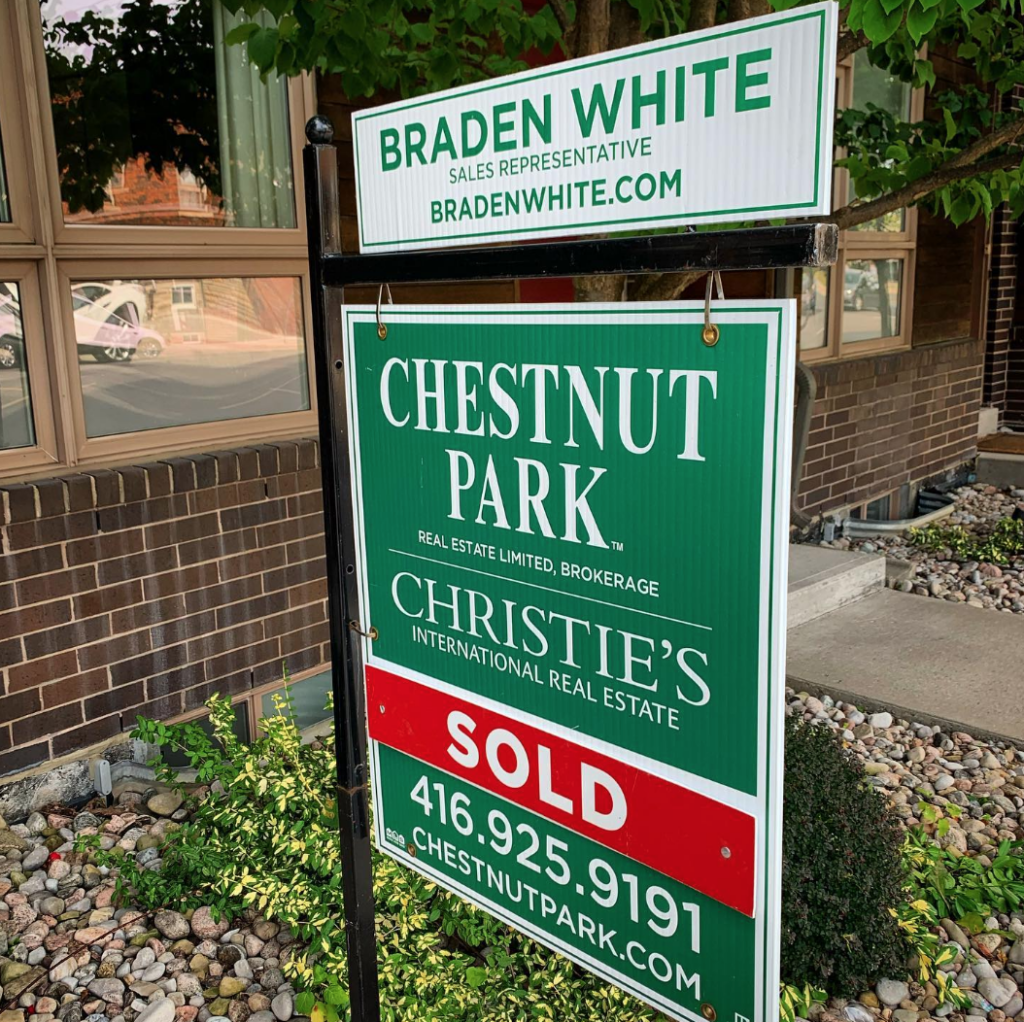When it comes to paying taxes, Canadians are used to footing the bill for income tax. But what about capital gains tax? When do you have to pay capital gains tax? This unique tax is applied to profits made from the sale of certain assets, such as stocks and real estate. While the rate of capital gains tax varies depending on the province in which you live, it is generally lower than your marginal income tax rate.
What Is Capital Gains Tax?
When you buy a property and later sell it for more than you paid, the difference is your “capital gain.” If the sale price is less than what you paid, the difference is a “capital loss.” Keep records of all improvements you make to the property so that you can add their cost to your “base cost” (what you paid plus the cost of these improvements), this will help to reduce your capital gain.
You pay tax on half your capital gain. So, if your capital gain is $50,000, for example, you include $25,000 in your income for tax purposes. The taxes you pay on a capital gain are usually lower than the taxes you pay on other types of income.
In order to calculate the capital gain, you must first determine the “taxable gain.” The taxable gain is equal to the sale price of the property minus the “adjusted cost base” of the property. The adjusted cost base is generally equal to the purchase price of the property, plus any improvements that have been made to the property, minus any depreciation that has been claimed.
If you are selling your principal residence (i.e. your home) and you lived in your home each year that you owned it, you will likely be eligible for a Capital Gains Tax exemption.

What Are Some Situation When You May Need To Pay Capital Gains Tax?
There are a number of situations where you may be required to pay capital gains tax in Canada. If you sell a property that is not your primary residence, you will typically be subject to capital gains tax. Similarly, if you sell shares of a company or other investments, you may also be required to pay capital gains tax. Capital gains tax is calculated based on the difference between the purchase price and the sale price of the asset. The rate of tax depends on a number of factors, including your marginal tax rate and the particular tax laws in the province which you own the property in. In some cases you may be able to make qualify for the principal home exemption. For example, if you sell your home and purchase a new one, you may be eligible for the exemption. However, there are restrictions and conditions that must be met in order for the exemption to apply.

What Is A Principal Residence?
As of the time of this blog post, the Canadian Government states that the following criteria are required in order for a property to “qualify” as a principal residence:
- It is a housing unit, a leasehold interest in a housing unit, or a share of the capital stock of a co-operative housing corporation you acquire only to get the right to inhabit a housing unit owned by that corporation.
- You own the property alone or jointly with another person.
- You, your current or former spouse or common-law partner, or any of your children lived in it at some time during the year.
- You designate the property as your principal residence.
- The land on which your home is located can be part of your principal residence. Usually, the amount of land that you can consider as part of your principal residence is limited to 1/2 hectare (1.24 acres). However, if you can show that you need more land to use and enjoy your home, you can consider more than this amount as part of your principal residence. For example, this may happen if the minimum lot size imposed by a municipality at the time you bought the property is larger than 1/2 hectare.
As you can see from the above information, if you are considering investing in Toronto real estate, it is important to take capital gains tax into consideration when forecasting your return on investment. It is also important to keep in mind that you will likely be required to pay capital gains tax if you should decide to sell your principal residence and transition to renting a property. It’s important that you speak with your accountant or your real estate lawyer to see if you will be exempt from having to pay capital gains on the sale of your property.
Are you thinking of making a move or have questions about the Toronto real estate market? Contact me any time, I’m always happy to help.



